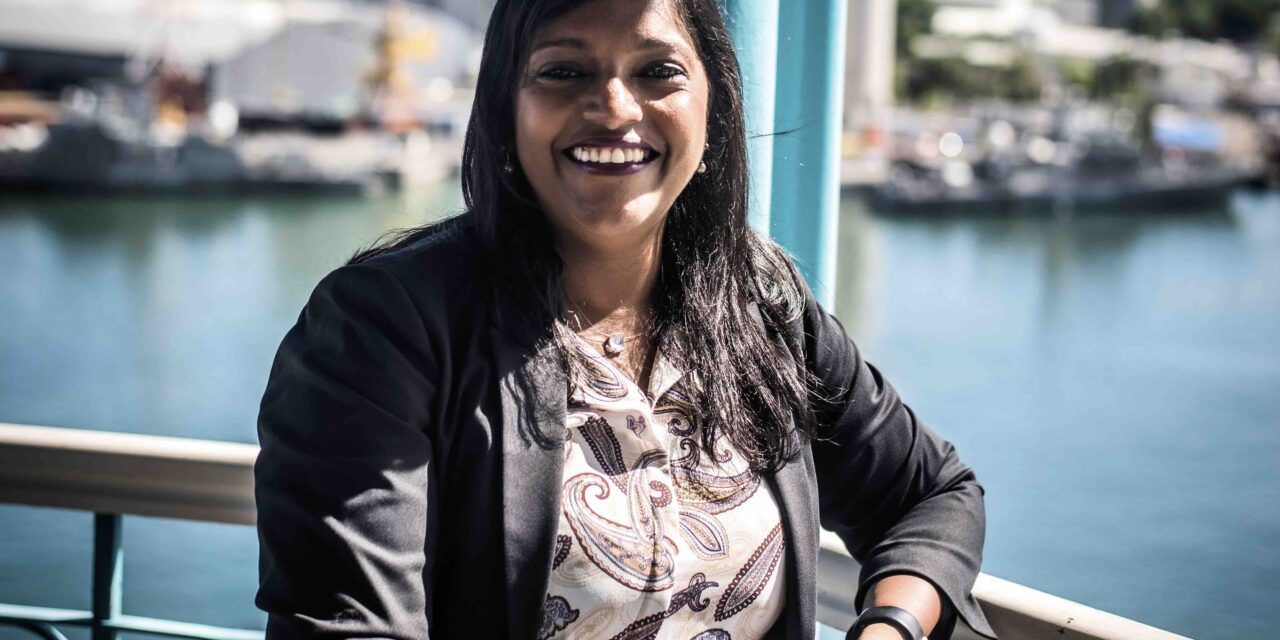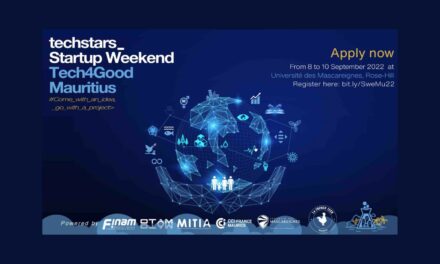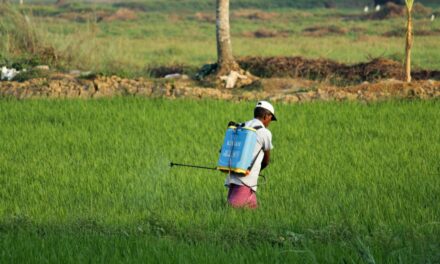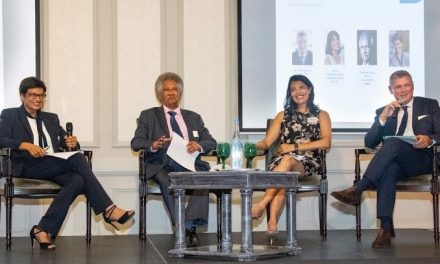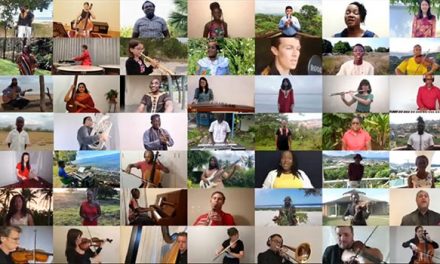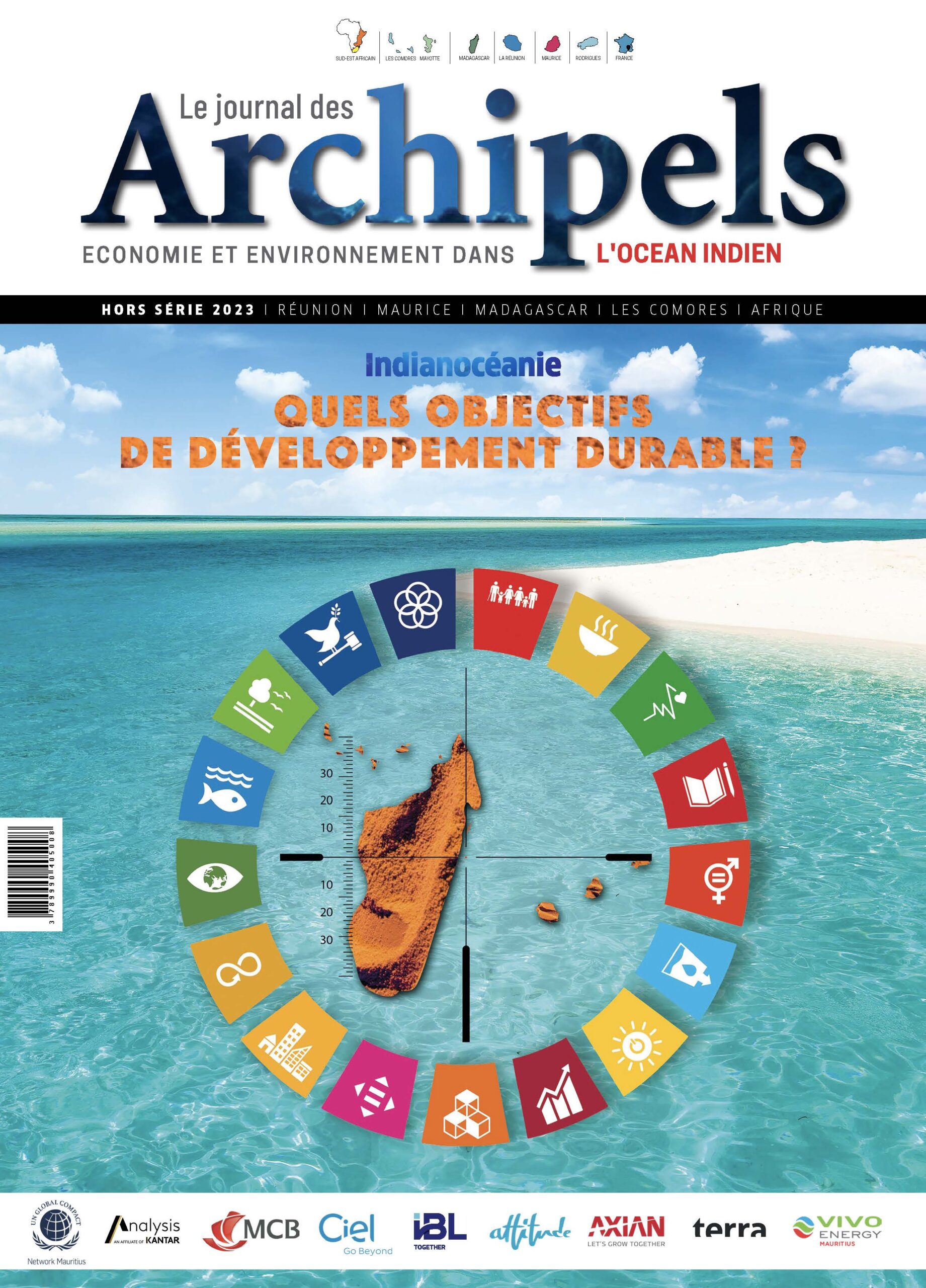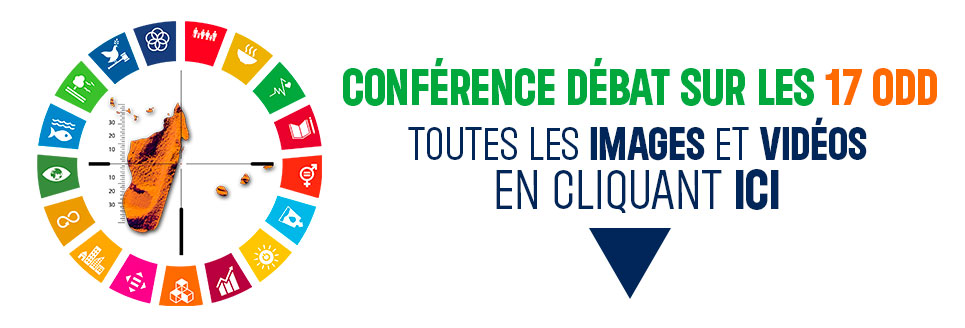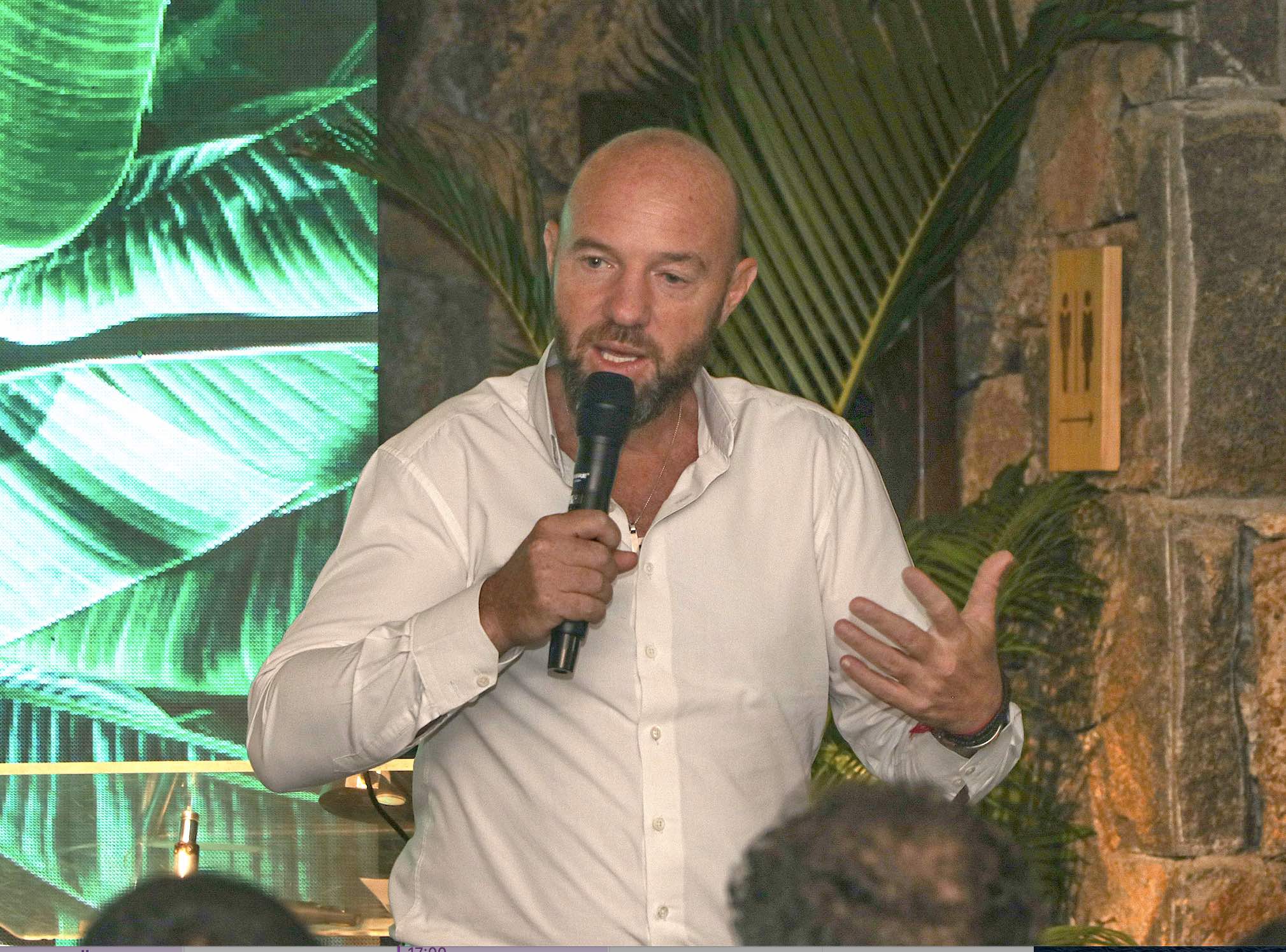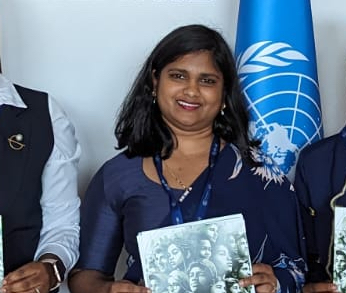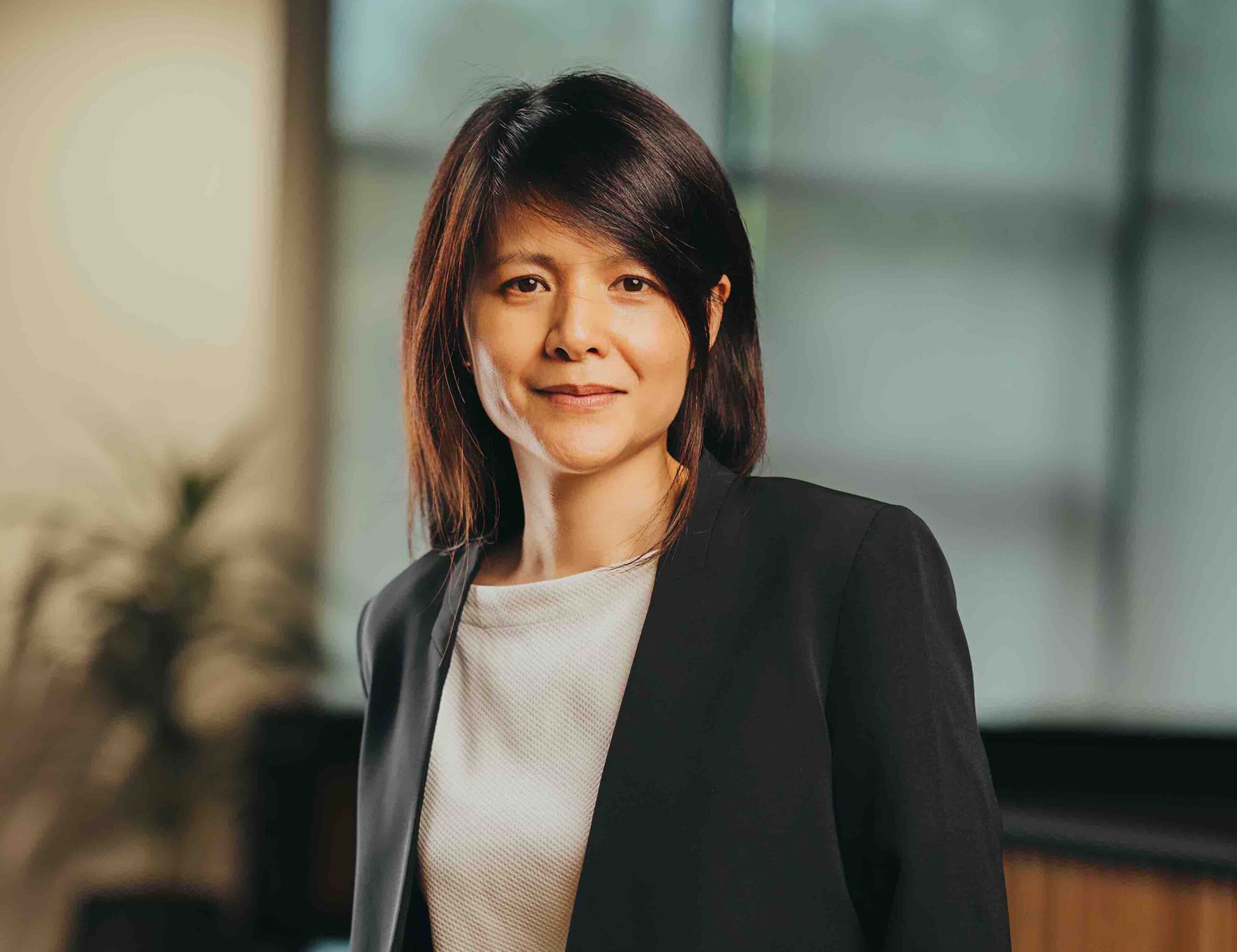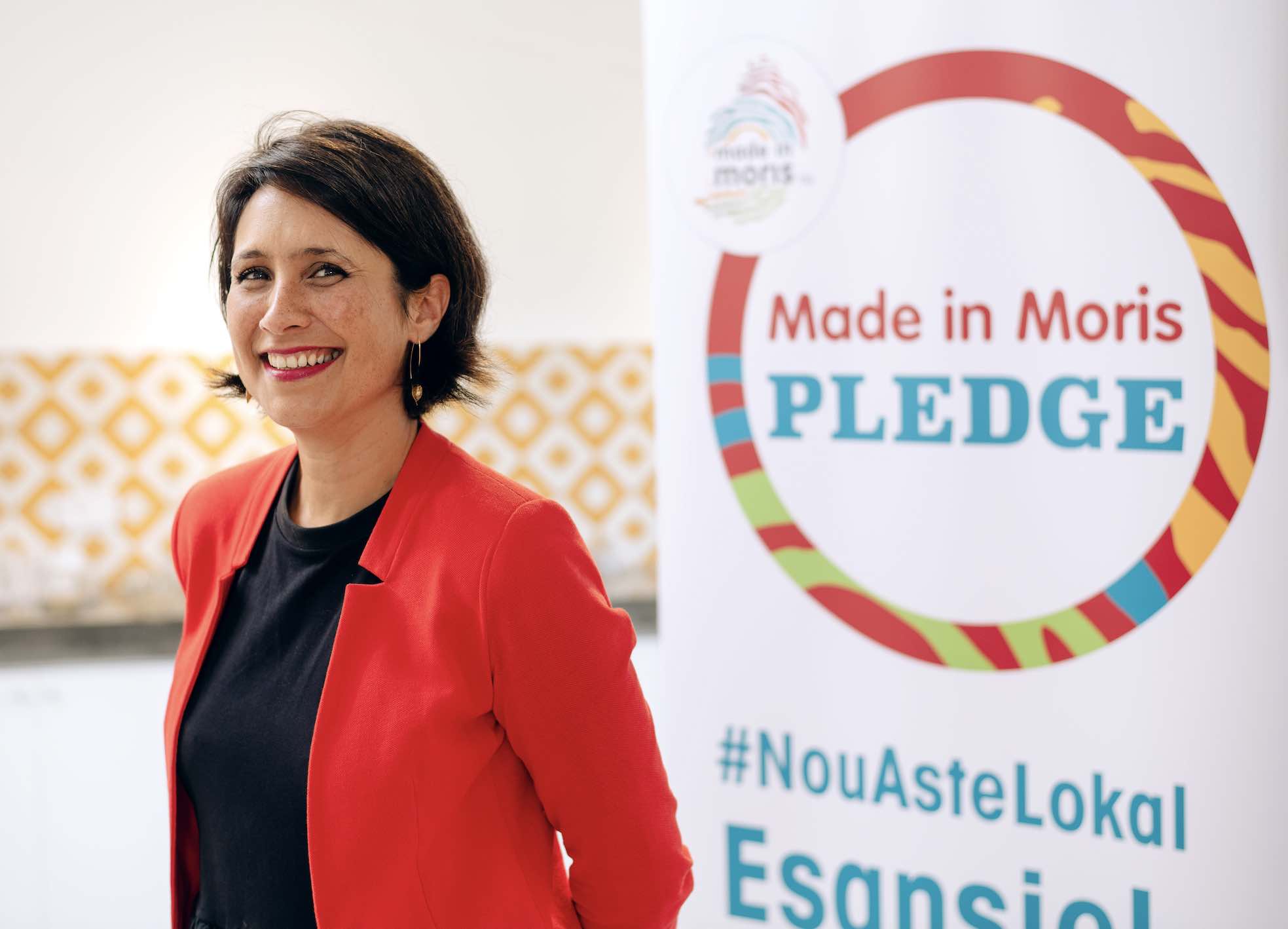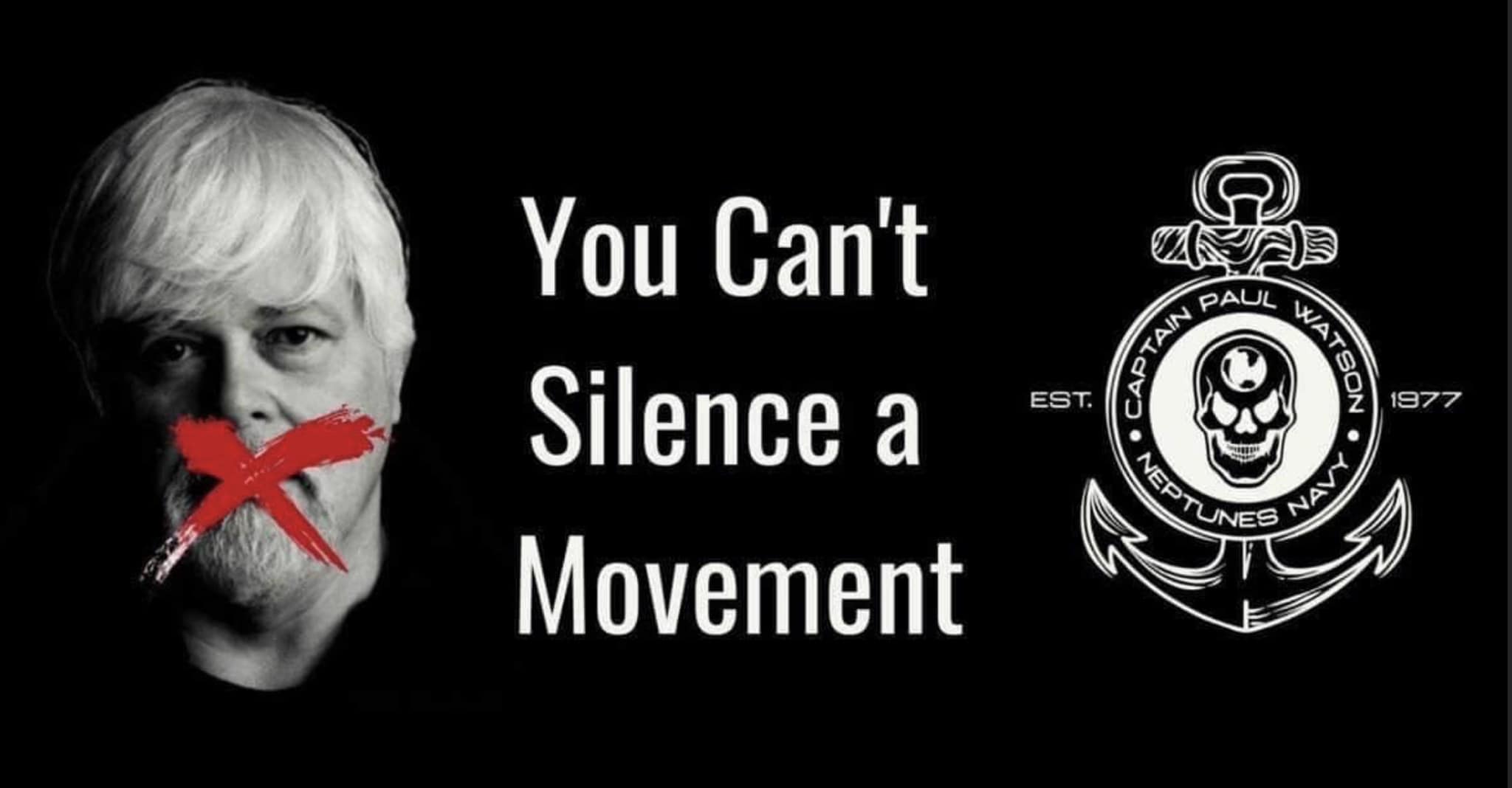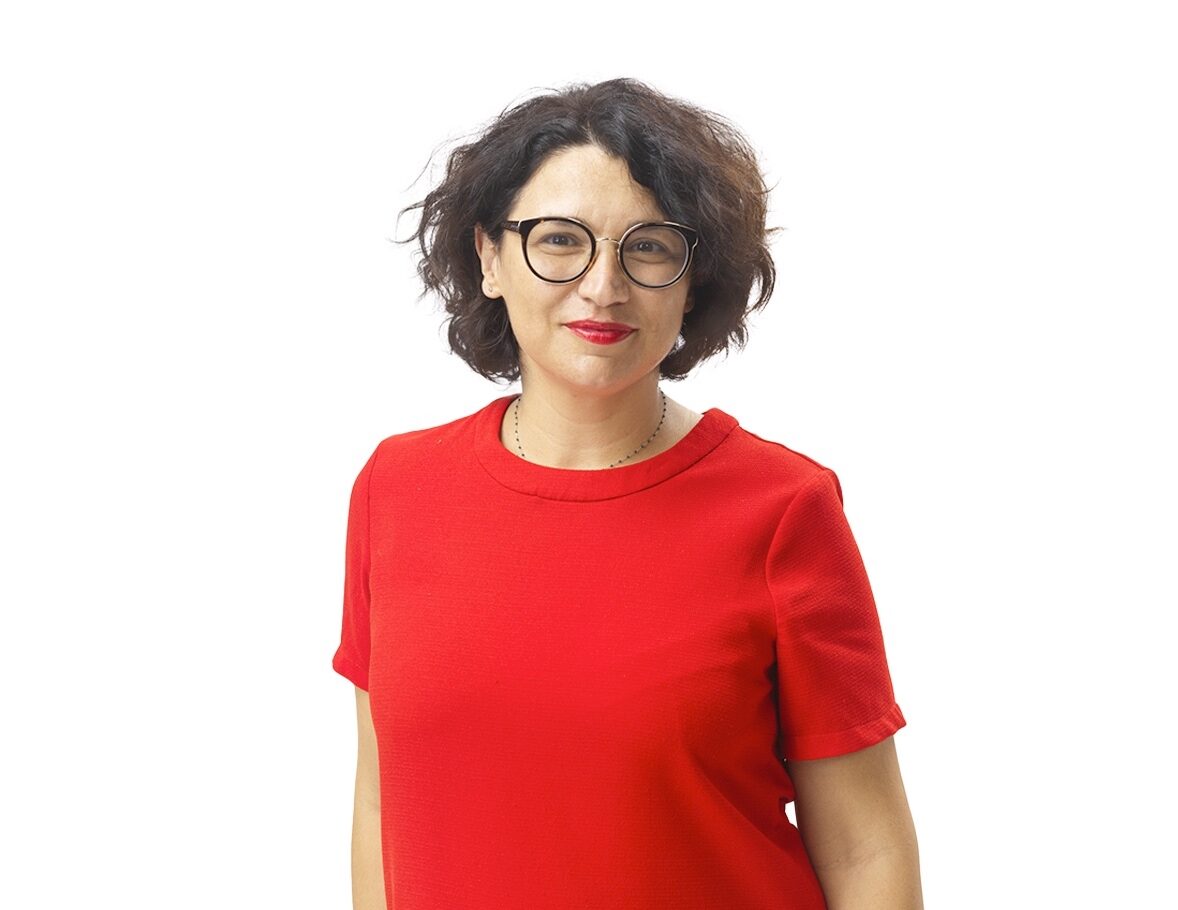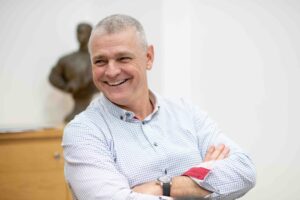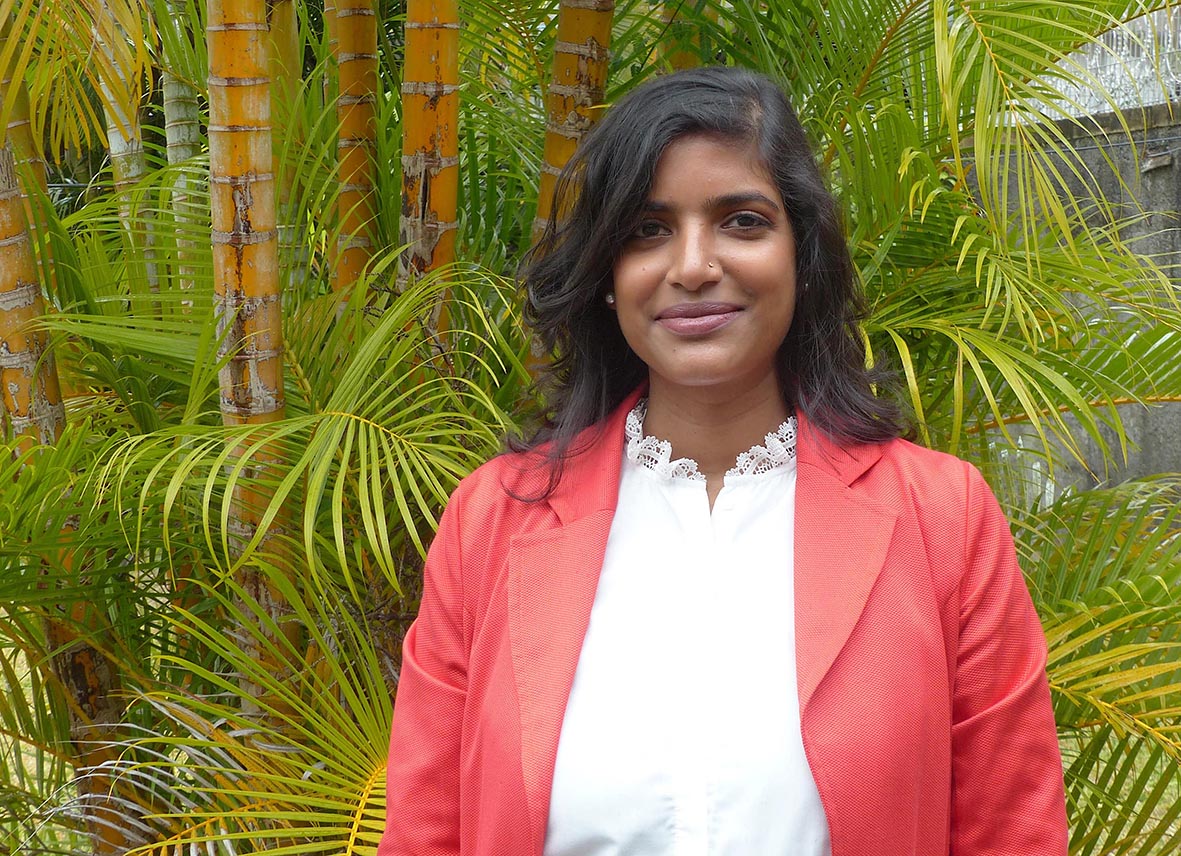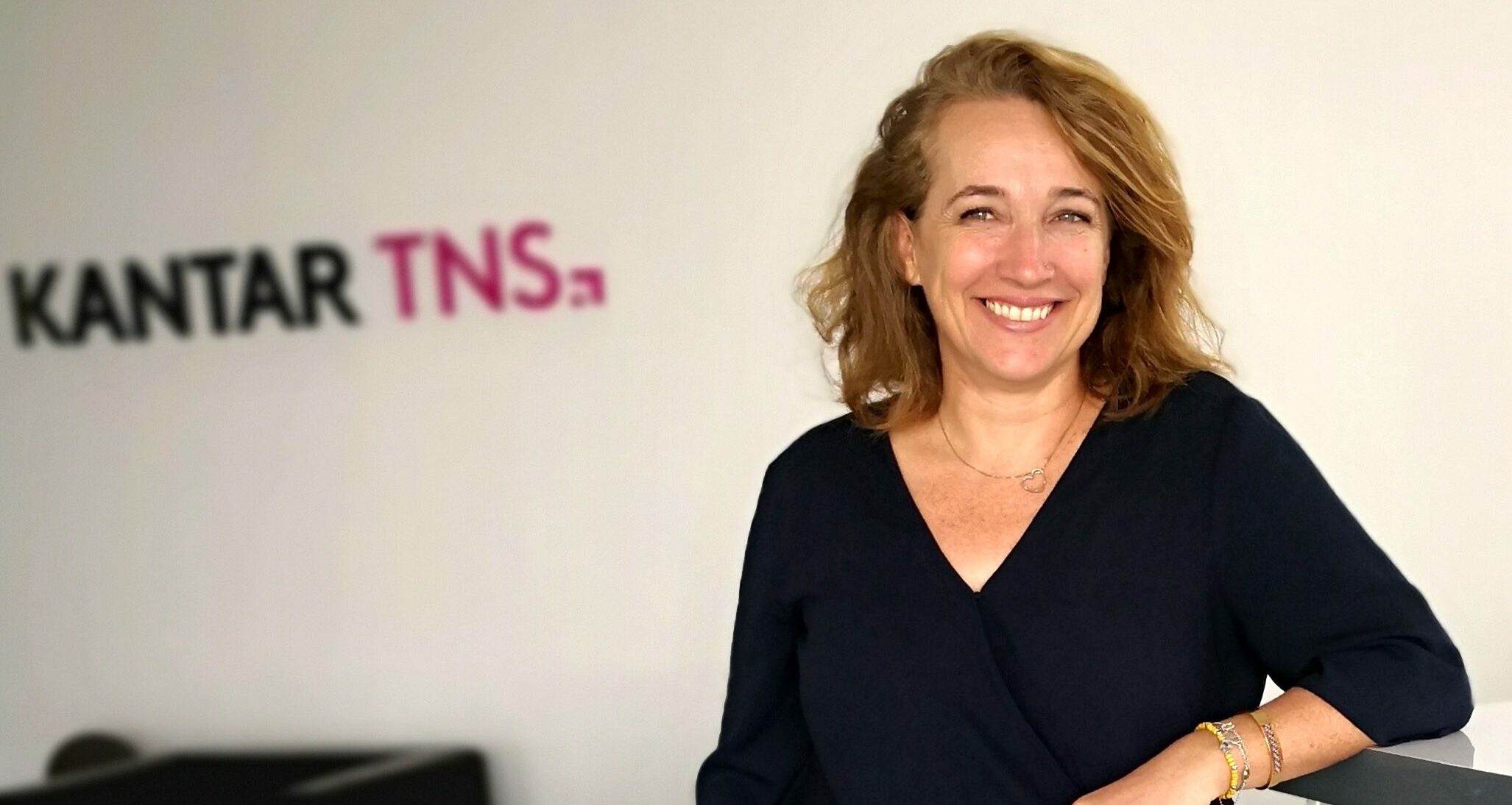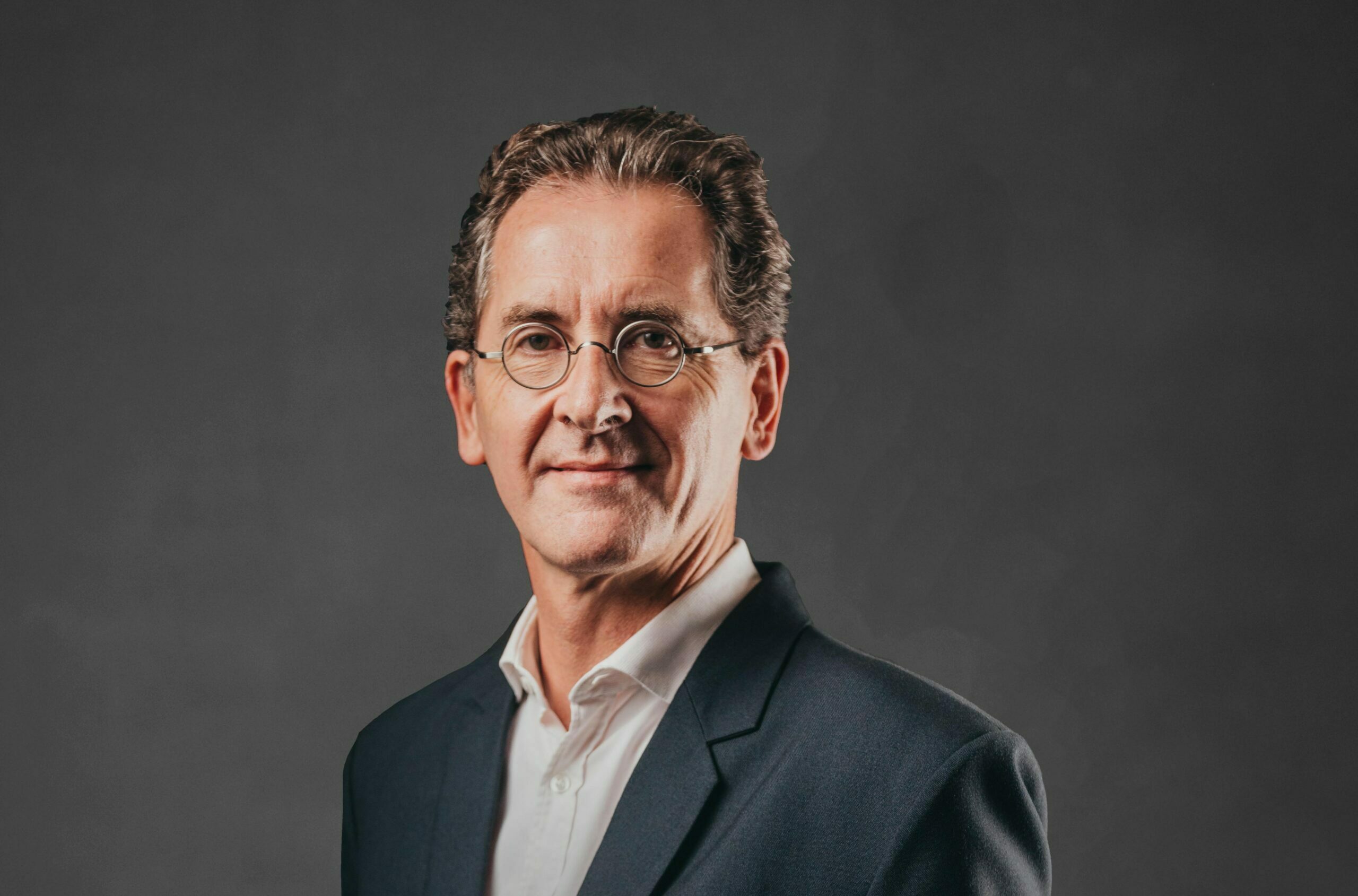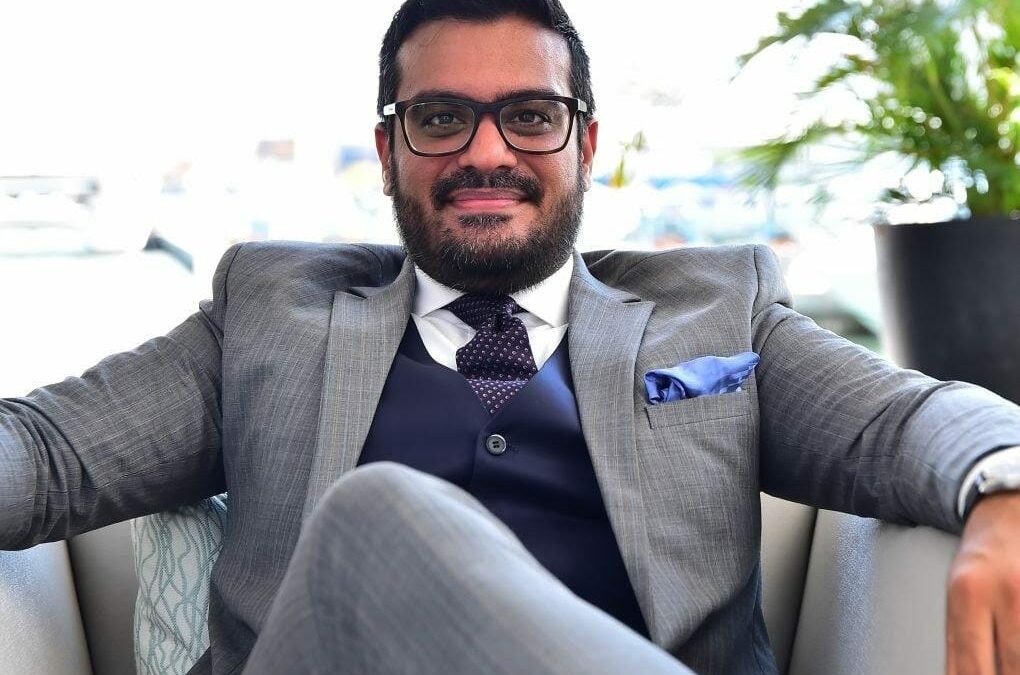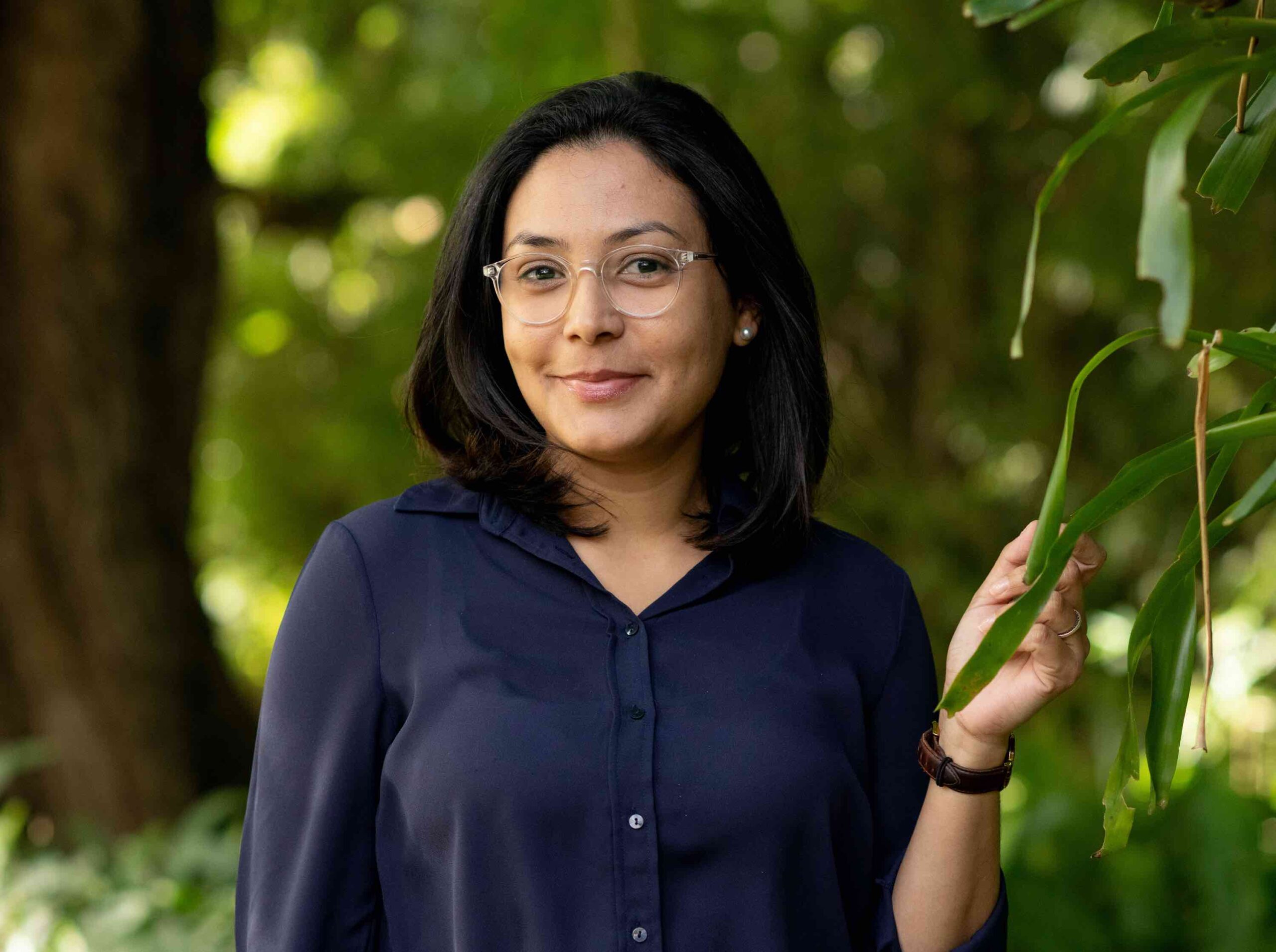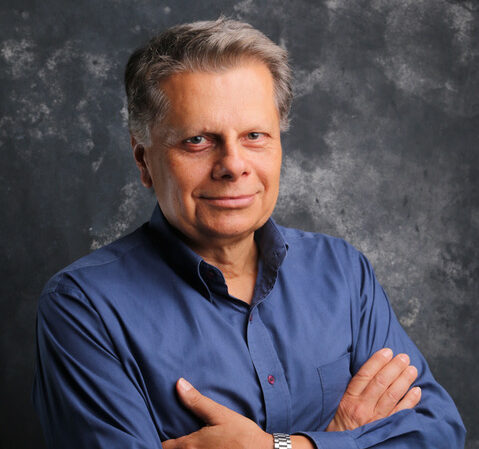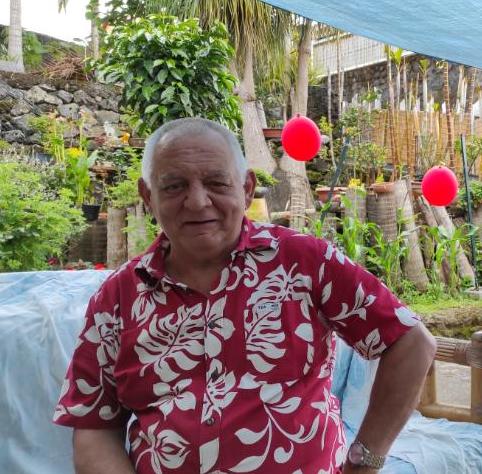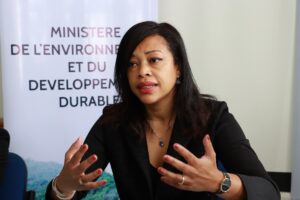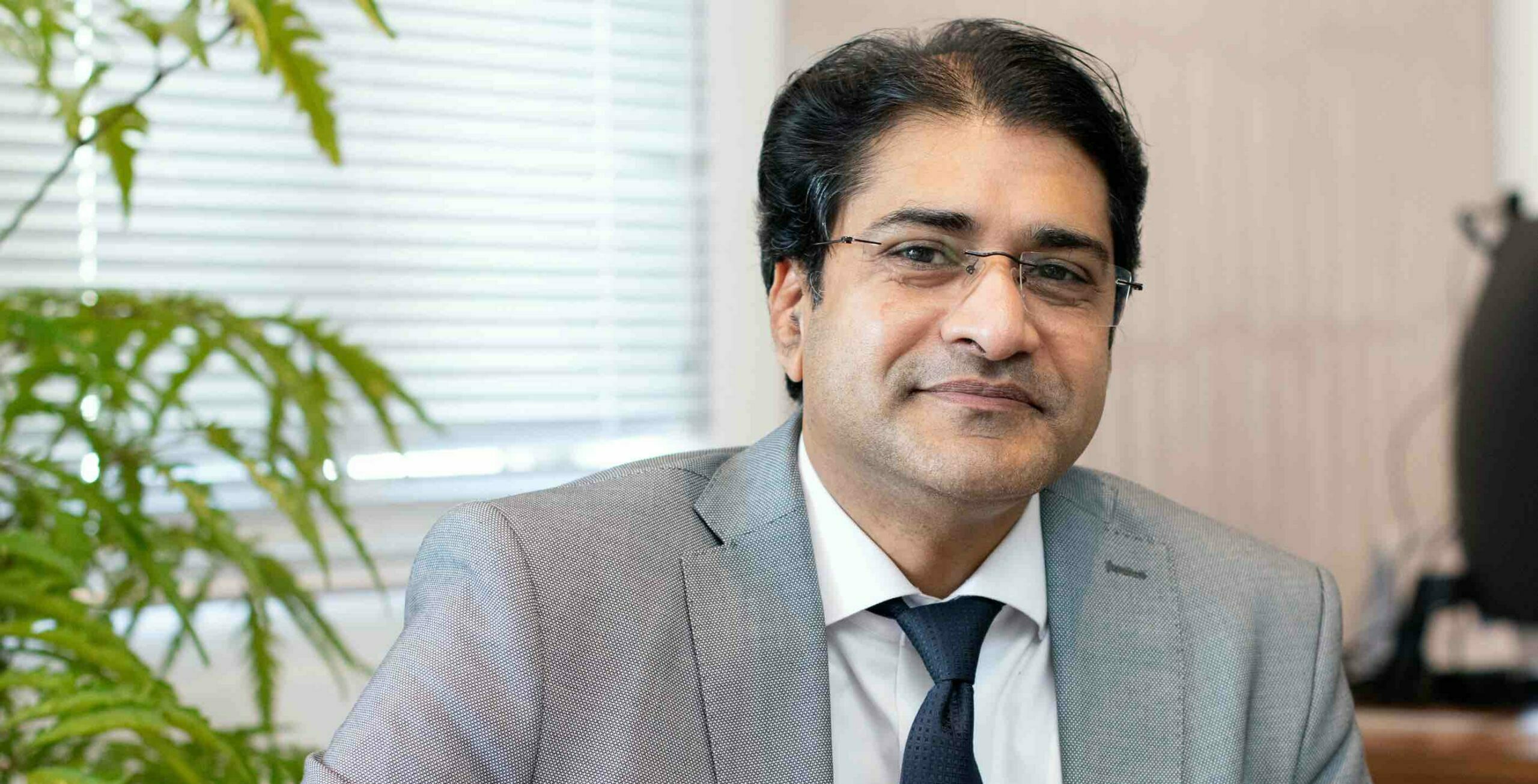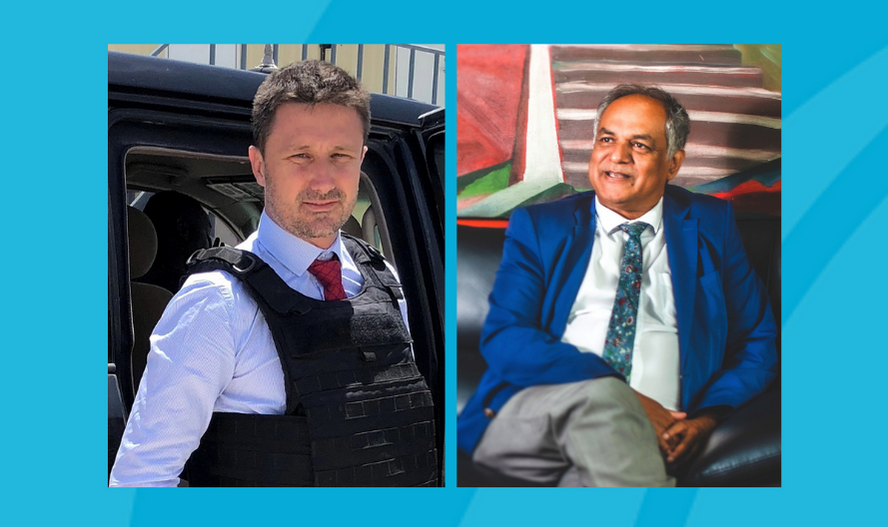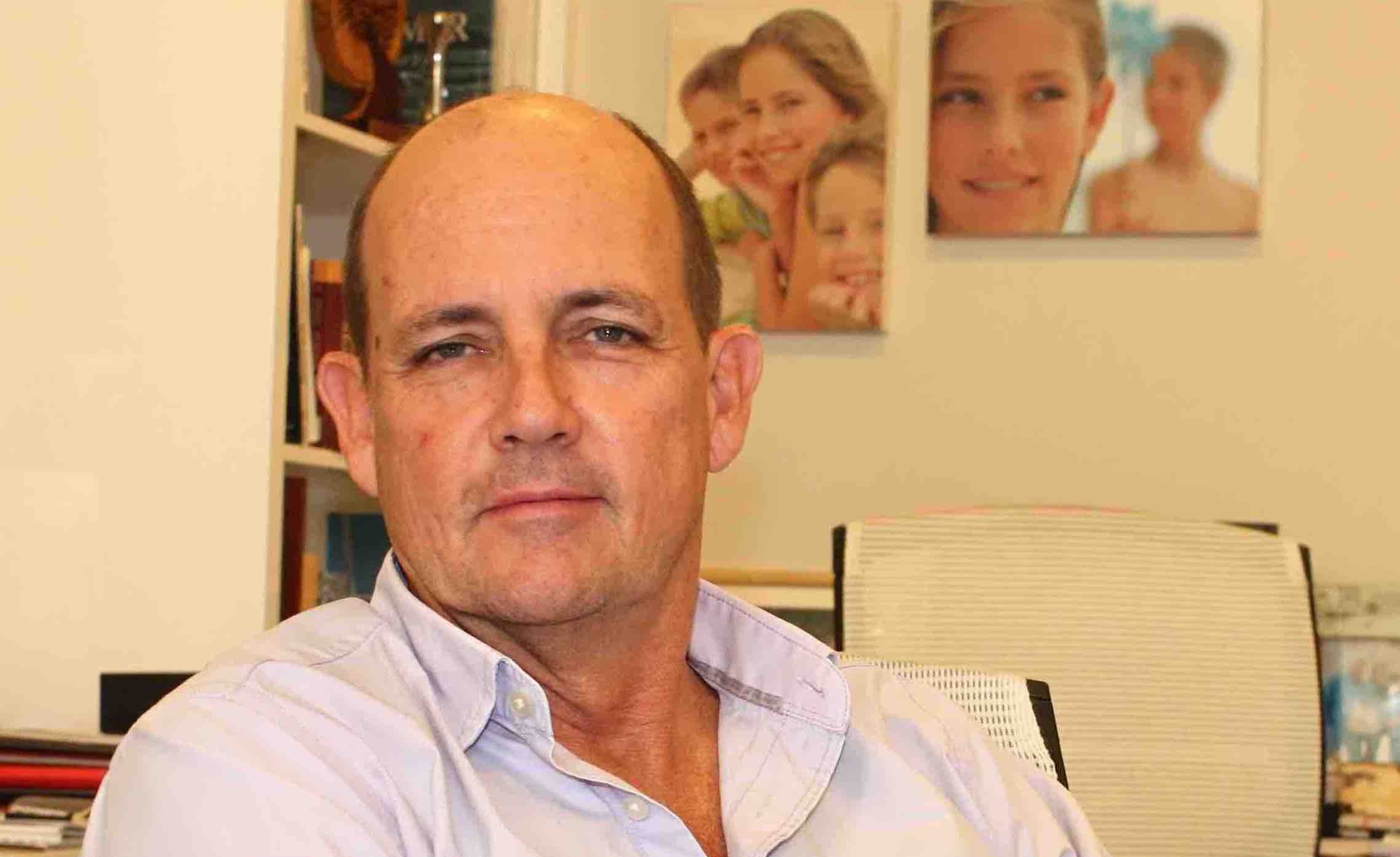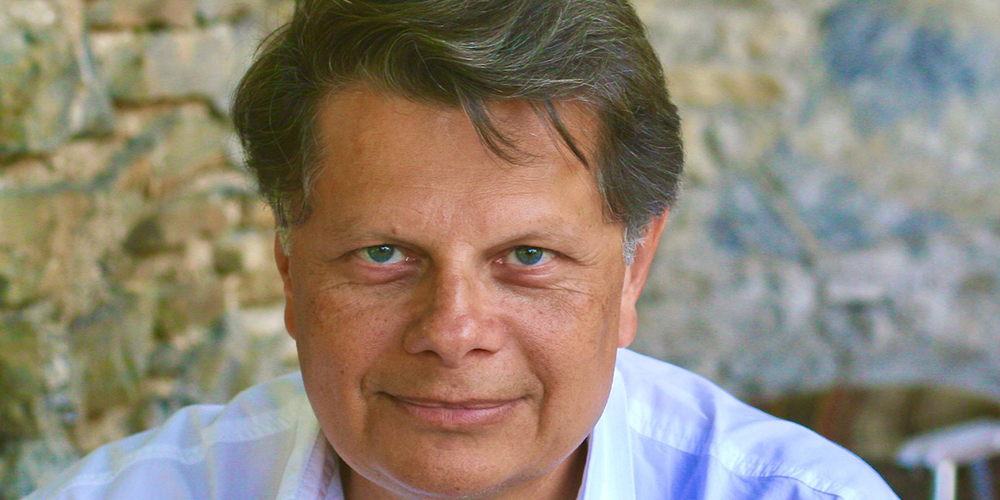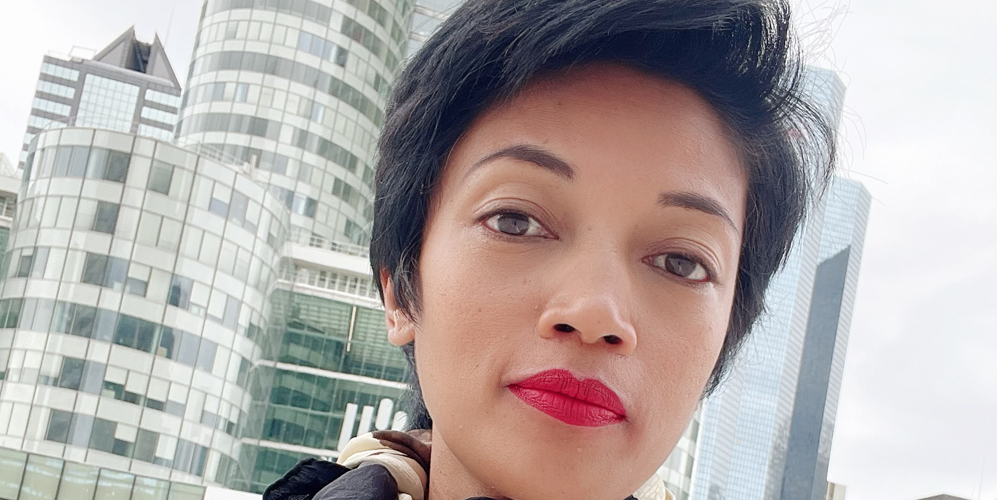Luvna Arnassalon-Seerungen, Head Of Sustainability at IBL Together
How can the economy be (re)reconciled with the environment? We asked the newly appointed Head of Sustainable Development at IBL, Mauritius’ largest conglomerate.
According to the young woman with a well-developed CV*: “The two concepts are often perceived as antagonistic because today’s economy is based on the indiscriminate exploitation of natural resources. This is where the challenge lies: how do we reconcile the two in a new economic order? Should we think about getting out of the crisis at all costs? Or should we start moving towards what the AngloSaxons call ‘unusual business’, i.e. how to integrate environmental risks into business?
I would like to briefly mention that we have already been alerted by numerous reports, in particular the 2012 OECD report “Environmental Outlook to 2050”, which warns of the catastrophic consequences of our inaction. Today, the crisis linked to Covid is one of the first consequences announced and forces us to rethink our economic model in the face of Nature: to continue to impose ourselves or to try to adapt to it? You can guess my answer…
In any case, we at IBL are working on a new economic model, a new growth strategy in which sustainable development will have its full dimension and which will be announced in a few weeks.
In this perspective, Arnaud Lagesse, Group CEO of IBL Ltd, has taken over the presidency of the CEO Forum Global Compact. For my part, I am chairperson of the Global Compact Network Mauritius.
“Creating business clusters on each island”
When questioned about the issue of sustainable development in our region, Luvna emphasised that “the Indian Ocean Commission’s strategy is perfectly in line with the SDGs because the regional organisation thinks in systematic terms, which is also a notion that is difficult to translate into English, we talk about “collaborative thinking”. We must stop depending on the outside for our most essential needs. We need to rethink all of this, starting with the agri-food industry, and regionalise education for a more effective transmission of know-how and interdependence of skills. We also know that most of the jobs that will be practised tomorrow, in 2030, do not exist to date. Nevertheless, Mauritius and Reunion are ahead of their neighbouring islands in terms of education, research and development. We must anticipate these changes, identify the skills and transmit them to the other islands.
In this sense, it is necessary to create clusters of companies on each island and between them in order to optimise the skills of SMEs, which are often isolated, in line with Goal 17 as defined in the SDGs. In short, to play together in a new economic order.
Source : Le Journal des Archipels, Edition 1
Reported by Jacques Rombi
* Luvna Arnassalon-Seerugen holds a Master’s degree in Development Economics from the University of Clermont Auvergne (France), a Master’s degree in Science (University of Mauritius), and a Bachelor’s degree in Communication and Media (University of South Africa). She was previously Head of Corporate Sustainability and CSR at AfrAsia Bank Limited.


